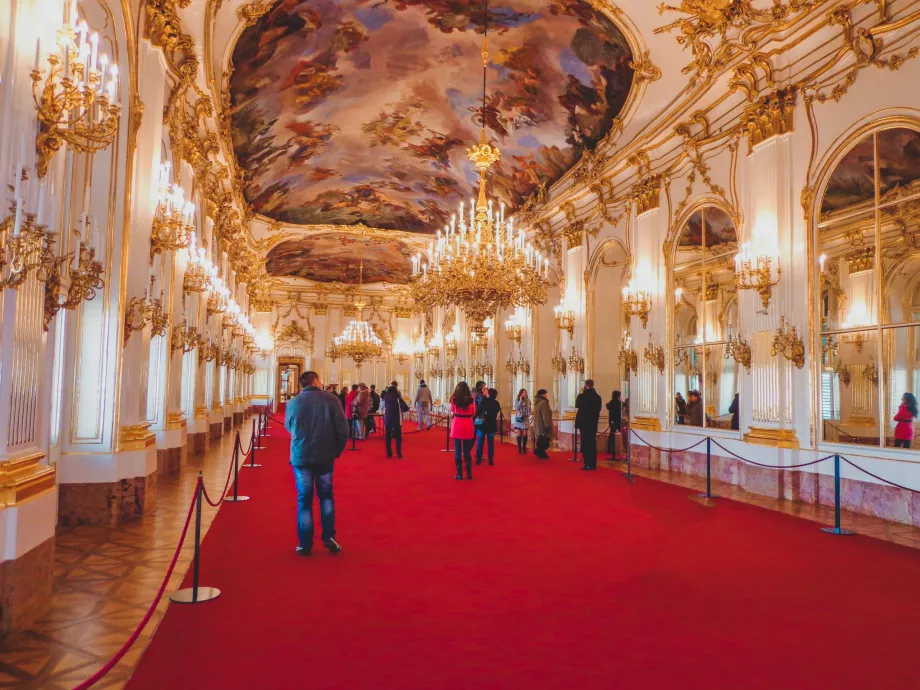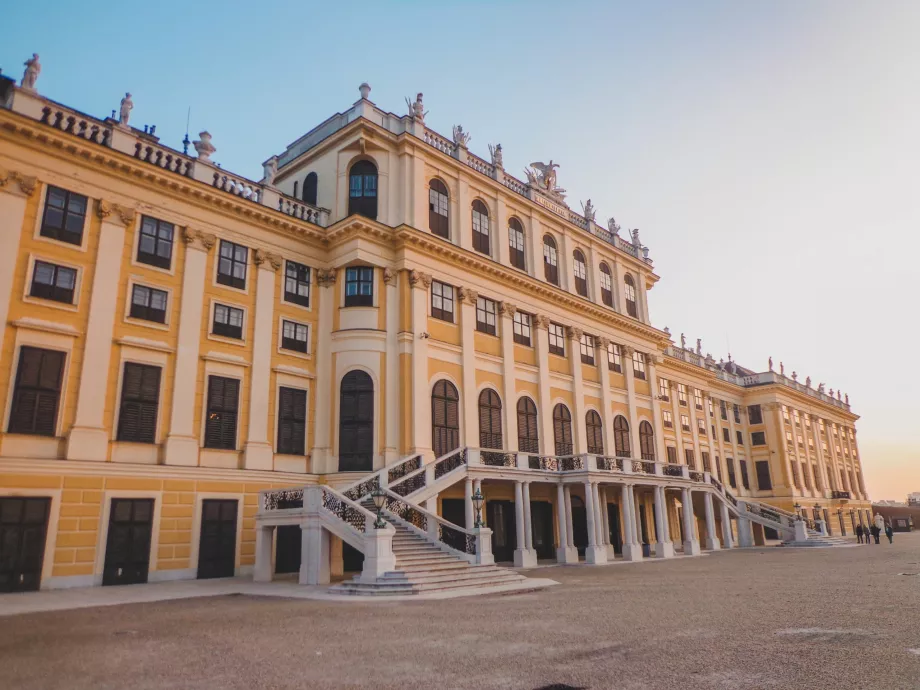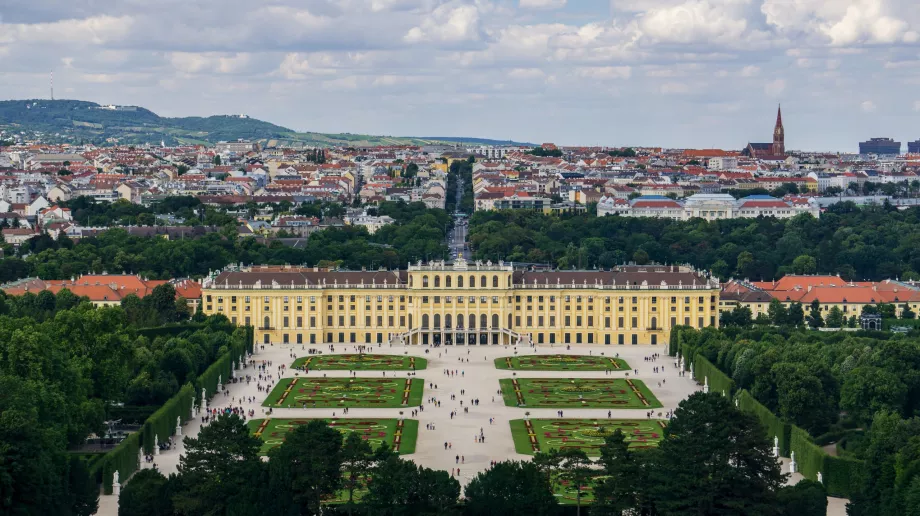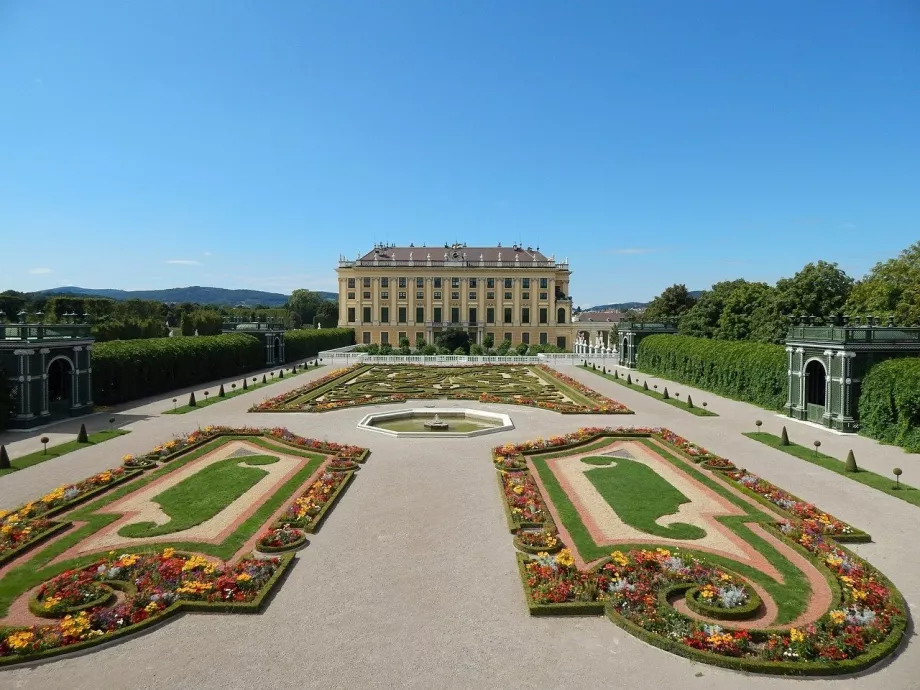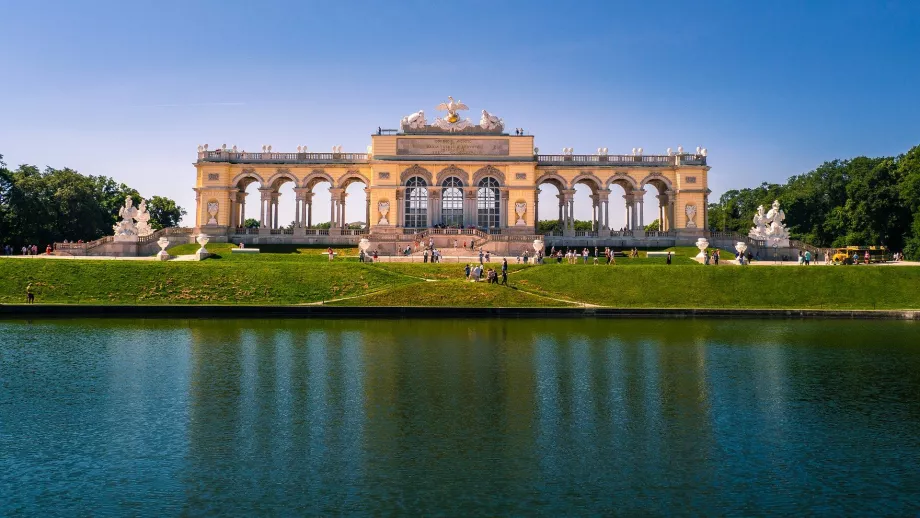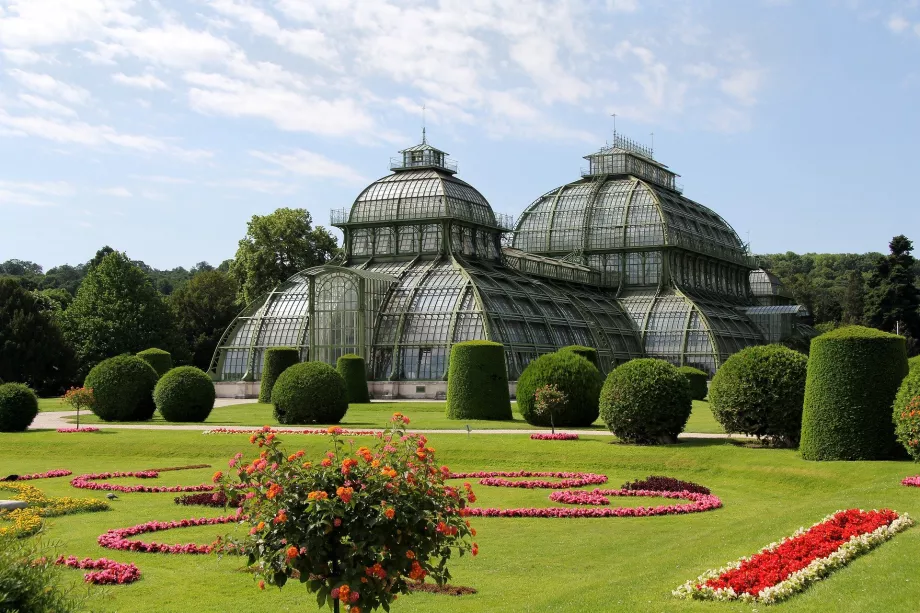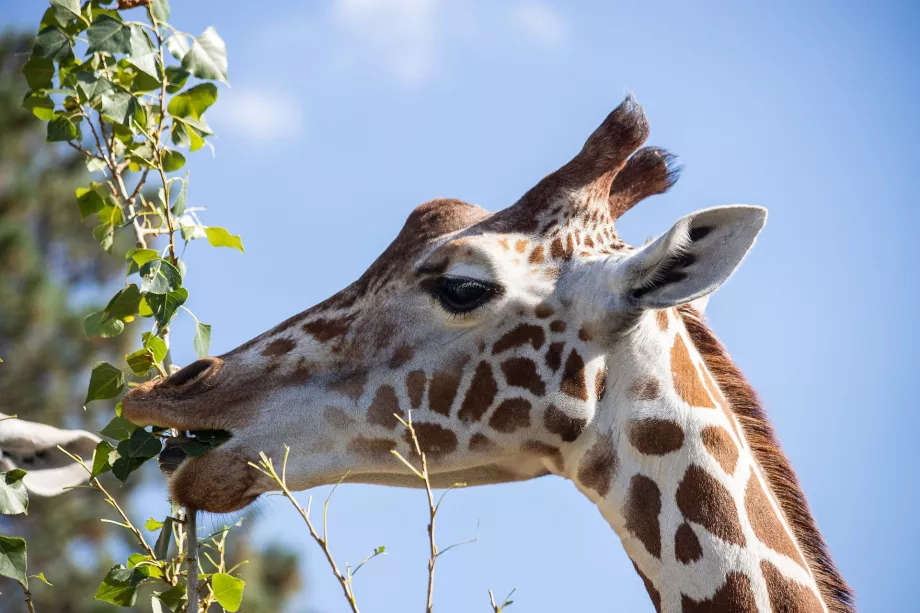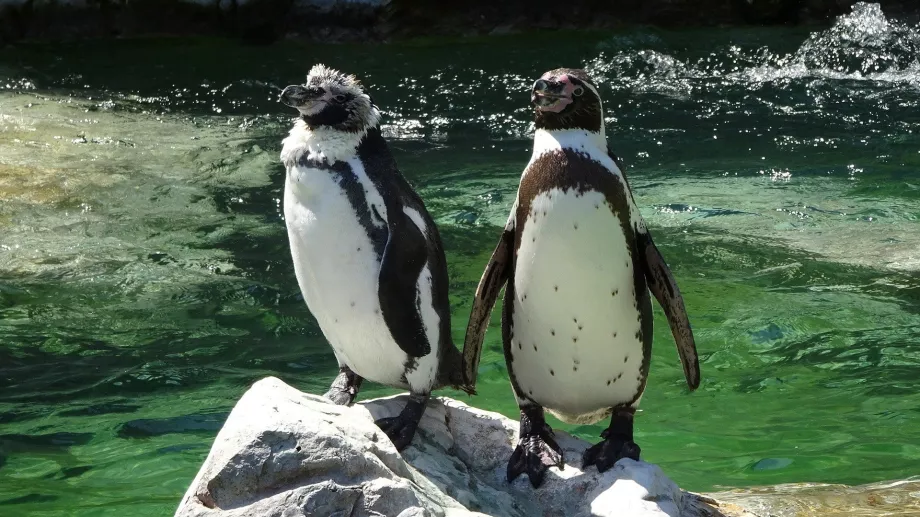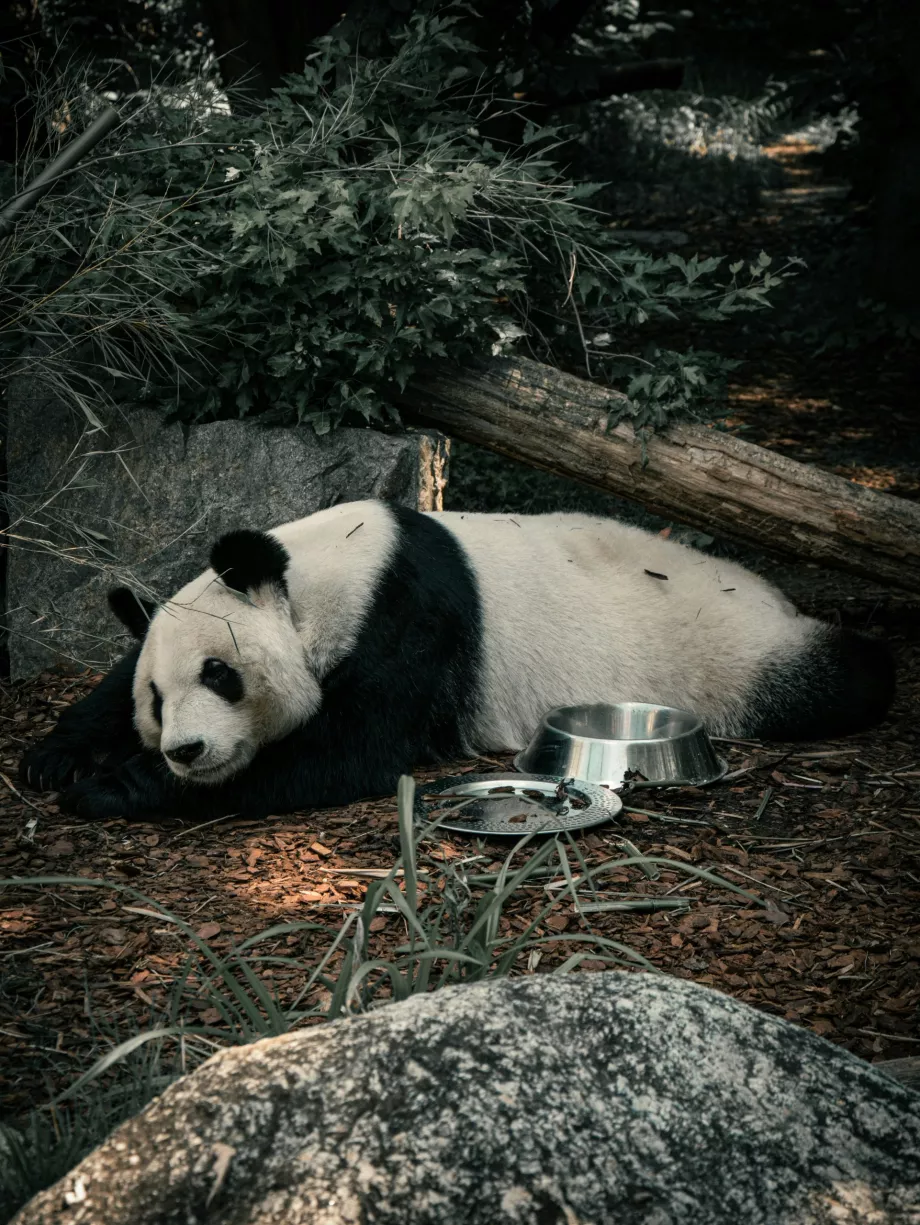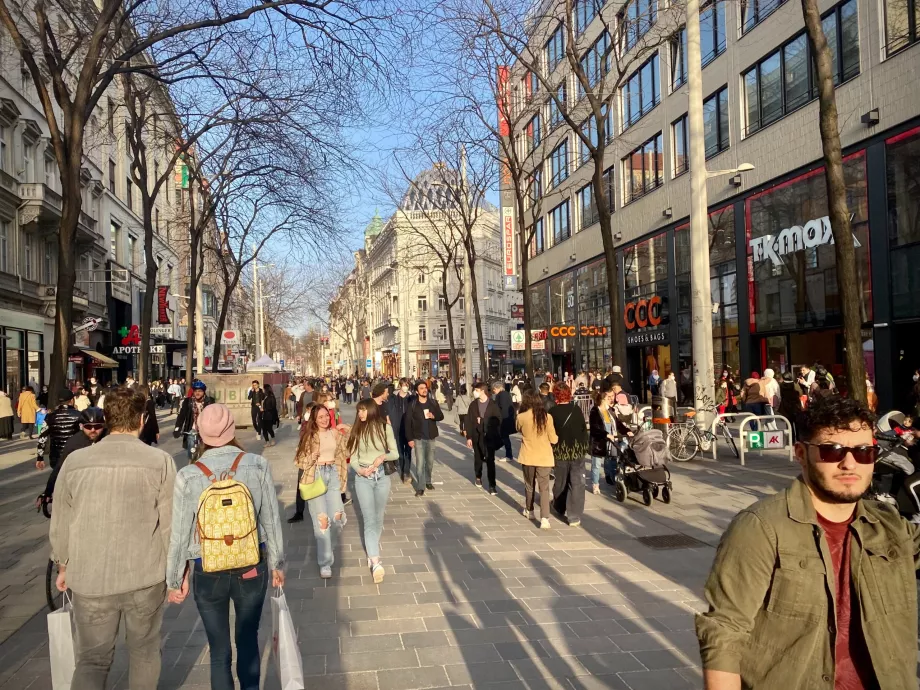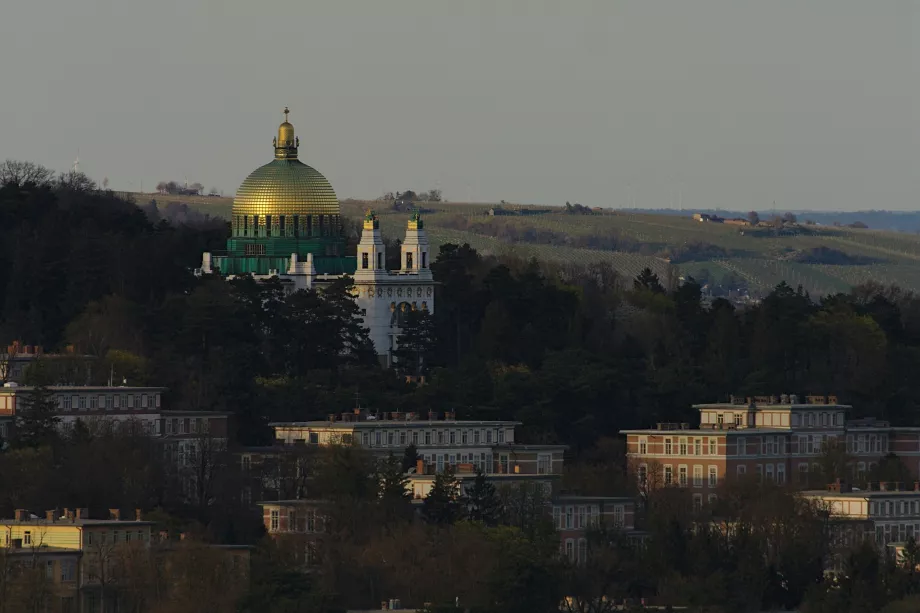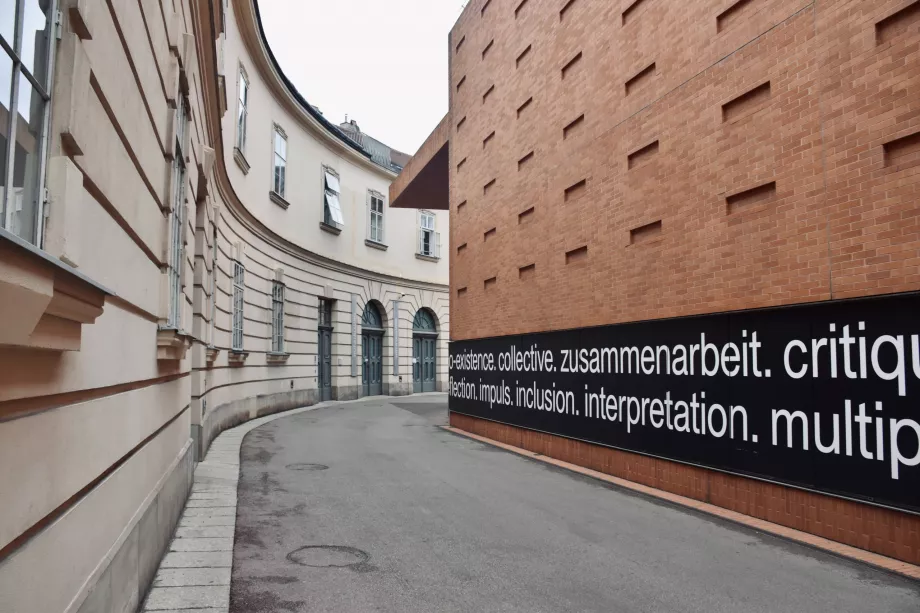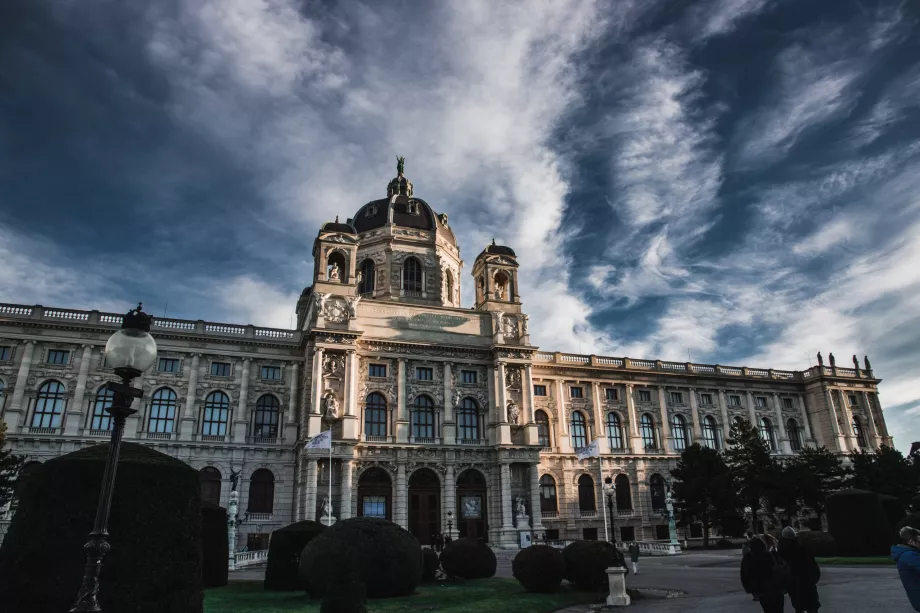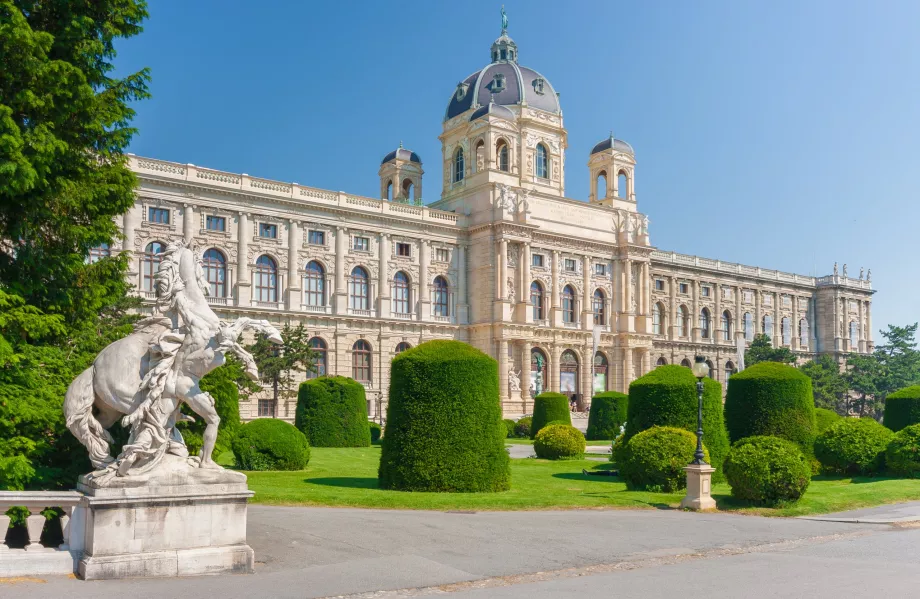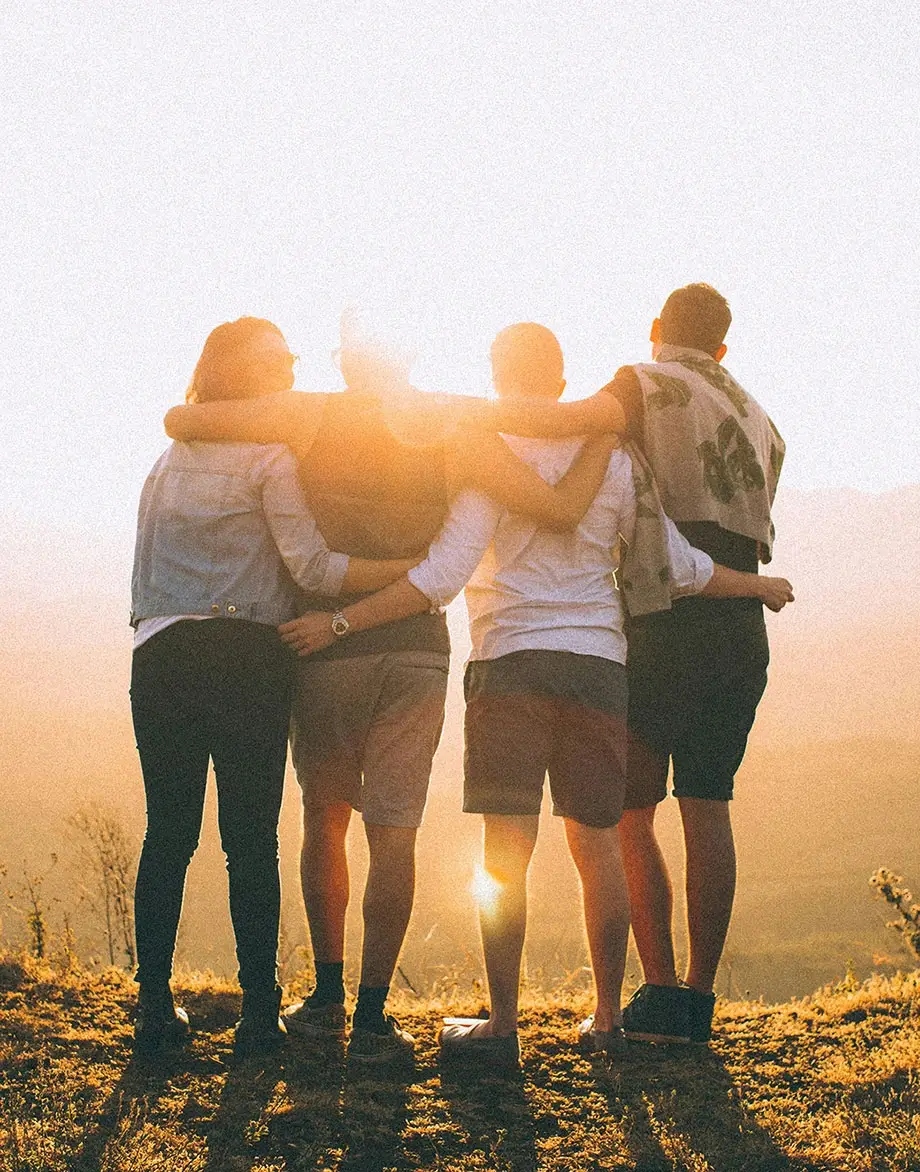Schönbrunn
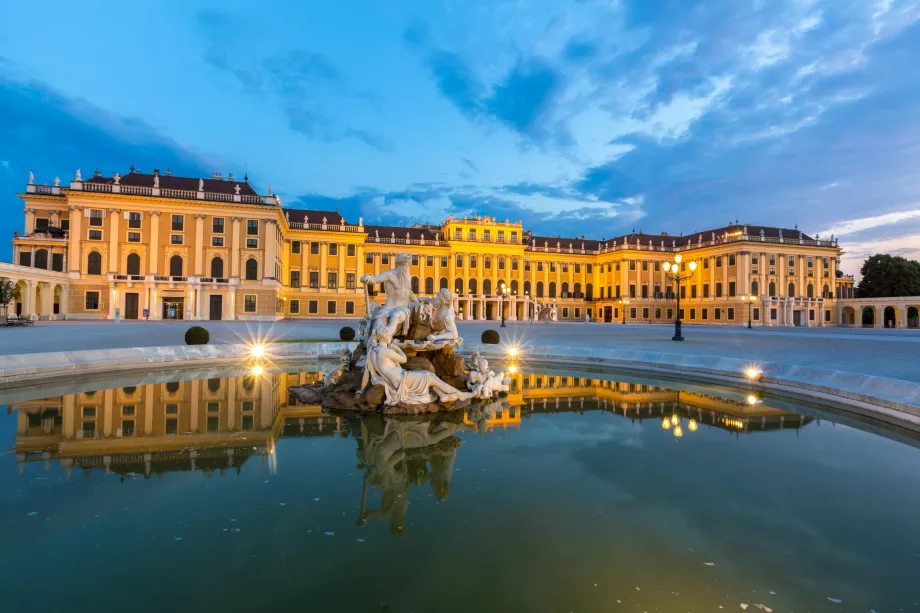
Schönbrunn is a Baroque castle with extensive gardens, with which it is a UNESCO World Heritage Site and one of the most visited monuments in Austria.
The magnificent castle grounds, the beautiful flower beds with thousands of flowers, the zoo in the park and the greenhouses with exotic plants make it easy to visit Schönbrunn for a day.
The site on which Schönbrunn stands was already a favourite of Emperor Matthias in the 17th century, he spent his leisure time at the local natural spring and in 1638 he had a hunting lodge built here, which became the foundation of today's castle.
Leopold I began to expand the castle and commissioned the architect Johann Bernhard Fischer von Erlach to build an enormous Baroque residence larger and more beautiful than Versailles in France.
The castle as it stands today was not completed until between 1740 and 1750 during the reign of Maria Theresa. From then until 1918, the grounds served as the Habsburgs' summer residence, while the rest of the year they resided in the Hofburg in central Vienna.
The castle as the "Versailles of Vienna"
Although Schönbrunn does not reach the size of Versailles near Paris, it is undoubtedly one of Europe's most famous landmarks. The castle boasts 1,441 rooms, 200 kitchens and several huge representative halls. Around 45 rooms are currently open to the public.
The interior of the castle is furnished in a lavish and ornate Rococo style that will captivate all visitors.
The exclusive Hall of Mirrors, where the six-year-old Wolfgang Amadeus Mozart showed off his prodigious talent for the piano, is a highlight.
Franz Joseph I was born in Schönbrunn in 1830 and later spent most of his working life here with his wife Sisi. The castle also saw the end of the monarchy when Emperor Charles I signed the abdication in the Blue Chinese Salon, bringing an end to the Austro-Hungarian Empire.
Information on admission to the castle can be found below.
Schönbrunn Gardens and Park
Intrinsic to the castle grounds are the extensive park and gardens of Schönbrunn, covering an area of more than 190 hectares.
The castle park was built gradually from the 17th to the mid-19th century and is divided into 2 main sections. The larger and more distant southern part can be imagined as a vast woodland park, while the northern part closer to the castle is landscaped in a neat French style with many, many beautiful flower beds, flowers and valuable trees.
An interesting part of the park is the small Irrgarten, built between 1698 and 1750 as a natural labyrinth, in whose corners you will discover the 12 signs of the zodiac.
In the middle of the park stands the magnificent Gloriette building from 1775, which today houses a café with a magnificent view of the castle grounds and Vienna in the background.
The park and gardens are open all year round free of charge, with the exception of the Labyrinth, the Orangery and the Privy Garden, which cost 5,50 eur to enter individually, or you can use combination tickets, see below.
Palmenhaus
The Schönbrunn Palmenhaus is a large greenhouse that hosts more than 4,500 species of exotic plants, palms, flowers and many other types of flora. The Palmenhaus is one of the largest and most important of its kind in the world and is the obvious number one attraction in the botanical section of Schönrbunn.
Over 111 metres long, the Palmenhaus is made of more than 600 tonnes of wrought iron and 45,000 glass tiles.
Admission purely to the Palmenhaus costs 9 eur, details and current opening hours on the official website.
Entrance fees and opening hours
Opening hours vary according to the season, but all parts of Schönbrunn are always open every day.
- Castle - from 8:30
- Park - from 6:30 am
- Gloriette, Labyrinth, Orangerie - from 9:30
A detailed schedule of closing times can be found on the website schoenbrunn.at/opening-times.
Ticket prices
In addition to tickets for the individual areas, various combination tickets can be used, which are more advantageous when visiting more than one attraction.
For a complete range of tickets, including the option to buy online, visit schoenbrunn.at.
Individual areas
| Where does admission apply? | Price - adults | |
|---|---|---|
| Grand Tour | Entire castle | 32 eur |
| Imperial Tour | Franz Joseph Apartments South Reception Rooms |
27 eur |
| State Apartments | State Apartments Only including the Hall of Mirrors |
22 eur |
| Orangerie | Orangerie only | 5,50 eur |
| Gloriette | Jen Gloriette | 5,50 eur |
| Maze | Jen maze and labyrinth | 5,50 eur |
| Privy Garden | Jen private garden | 5,50 eur |
Combination tickets
| Where does admission apply? | Price - Adults | |
|---|---|---|
| Classic Pass | Entire castle, Gloriette, Maze, Privy Garden, Orangerie |
38 eur |
| Classic Pass Plus | Whole Castle, Gloriette, Maze, Privy Garden, Orangerie, Zoo, Palmenhaus |
73 eur |
| Sisi Ticket | Entire castle, Sisi Museum, Imperial Rooms in the Hofburg |
49 eur |
Zoo
Schönbrunn Park also includes one of the best zoos in Europe, famous for its breeding of giant pandas.
For more information, see the location details - Vienna Zoo.
Accommodation in Schönbrunn
Want to feel like a member of the Habsburg family for one night and go back in time a few centuries? No problem.
Just stay right in the castle in the luxurious Schloß Schönbrunn Grand Suite, which you can book classically through booking.com. Prepare roughly 1283 eur per night in a double suite or 1466 eur in a quadruple suite.
Location and transport
Schönbrunn is located in the south-west of Vienna and is easily accessible by public transport:
- Metro - Schönbrunn station approx. 250 metres or Hietzing approx. 250 metres (this station is closer to the Zoo), both served by the U4 line.
- Tram - Schloß Schönbrunn stop approx. 100 metres (lines 10, 52, 60)
- Bus - Schloß Schönbrunn stop approx. 100 metres (line 10A)
What to see around
Discover all the places to see in Vienna.
Any questions left?
If you have any questions or comments about the article...

